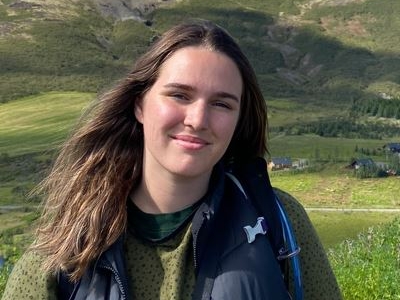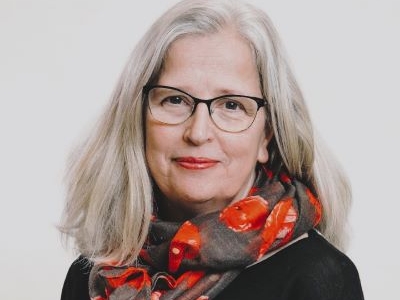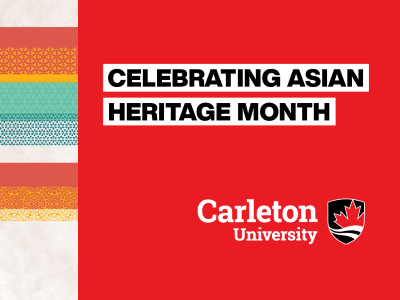Alexandra Boyd and Brielle Morgan, both graduate journalism students at Carleton, are two of 13 journalism students from across North America who have been chosen by Fellowships at Auschwitz for the Study of Professional Ethics (FASPE) to participate in a two-week program in New York, Germany and Poland in May.
The trip is designed to teach students about the contemporary ethical issues facing their professions by using the Holocaust and the conduct of their professions in Nazi Germany as a framework for study. FASPE seeks to prevent future collaboration by professional and religious leaders in genocide, racism, anti-Semitism, and xenophobia.
 Boyd looks forward to exploring her belief that “most ethical problems arrive cleverly disguised in the banality of everyday life.” She hopes FASPE will strengthen her “desire to always work in the public interest.”
Boyd looks forward to exploring her belief that “most ethical problems arrive cleverly disguised in the banality of everyday life.” She hopes FASPE will strengthen her “desire to always work in the public interest.”
The FASPE Journalism Fellows will begin orientation at the Museum of Jewish Heritage–A Living Memorial to the Holocaust in New York City on May 20. They will meet with Holocaust survivors and work with FASPE staff and guest scholars. The European portion will be held in Berlin and Nuremberg, where Fellows will have the opportunity to study historical and cultural sites. Educational workshops will be held at places such as the House of the Wannsee Conference, the site where representatives of State and Nazi Party agencies convened in 1942 to discuss and co-ordinate plans for the “Final Solution.” The Fellows will also travel to Oświęcim, the town the Germans called Auschwitz, where they will tour Auschwitz-Birkenau, work with the distinguished educational staff at the Auschwitz-Birkenau State Museum, and meet with Righteous among the Nations (rescuers).
The journalism group will be led by two Columbia University journalism professors, Andie Tucher and Bill Grueskin.
 Morgan says: “I believe positive change demands informed publics. In order to progress, we need to reflect, both on the events of the past and our roles within them … Journalists are uniquely privileged with the task of keeping humanity accountable to itself and we can benefit by examining the critical failings of our predecessors.”
Morgan says: “I believe positive change demands informed publics. In order to progress, we need to reflect, both on the events of the past and our roles within them … Journalists are uniquely privileged with the task of keeping humanity accountable to itself and we can benefit by examining the critical failings of our predecessors.”
–with files from Peter Johansen.
Wednesday, April 4, 2012 in Awards, News
Share: Twitter, Facebook





